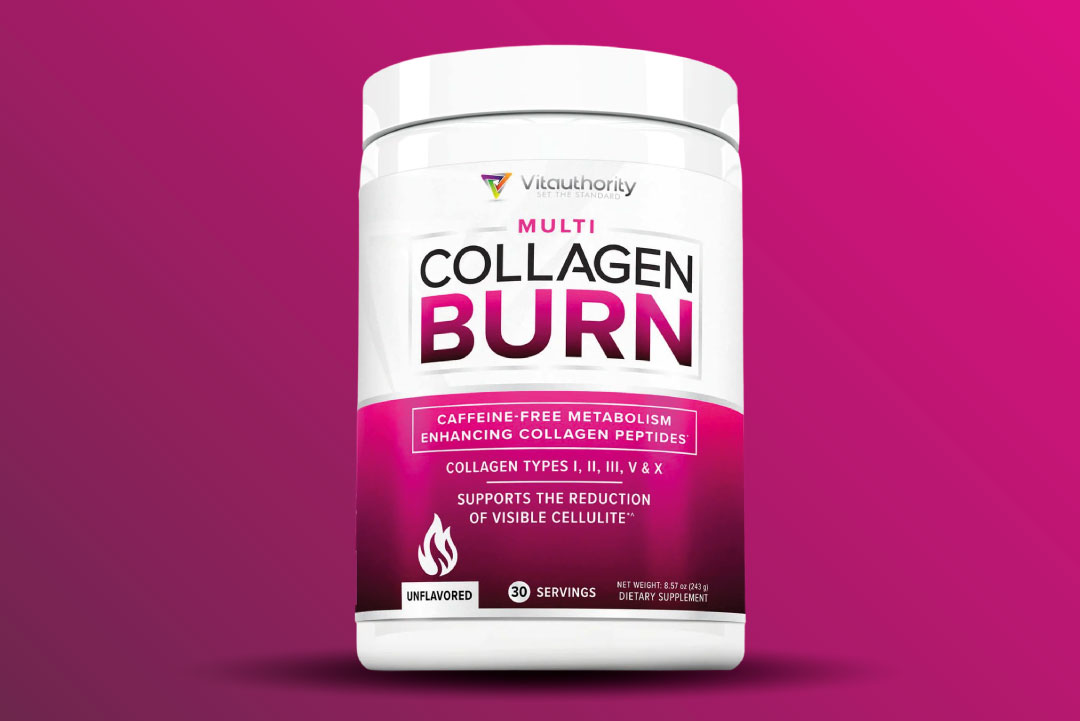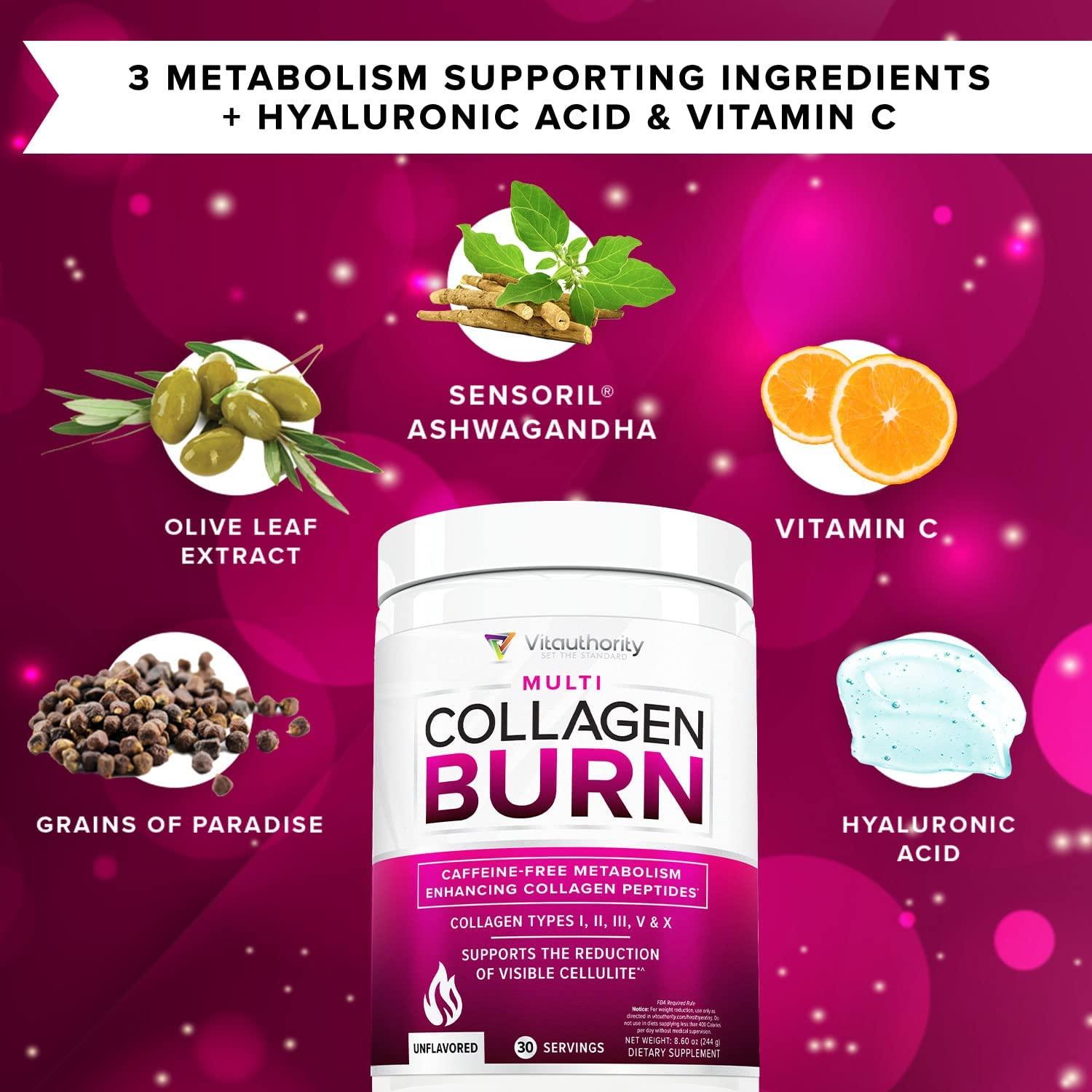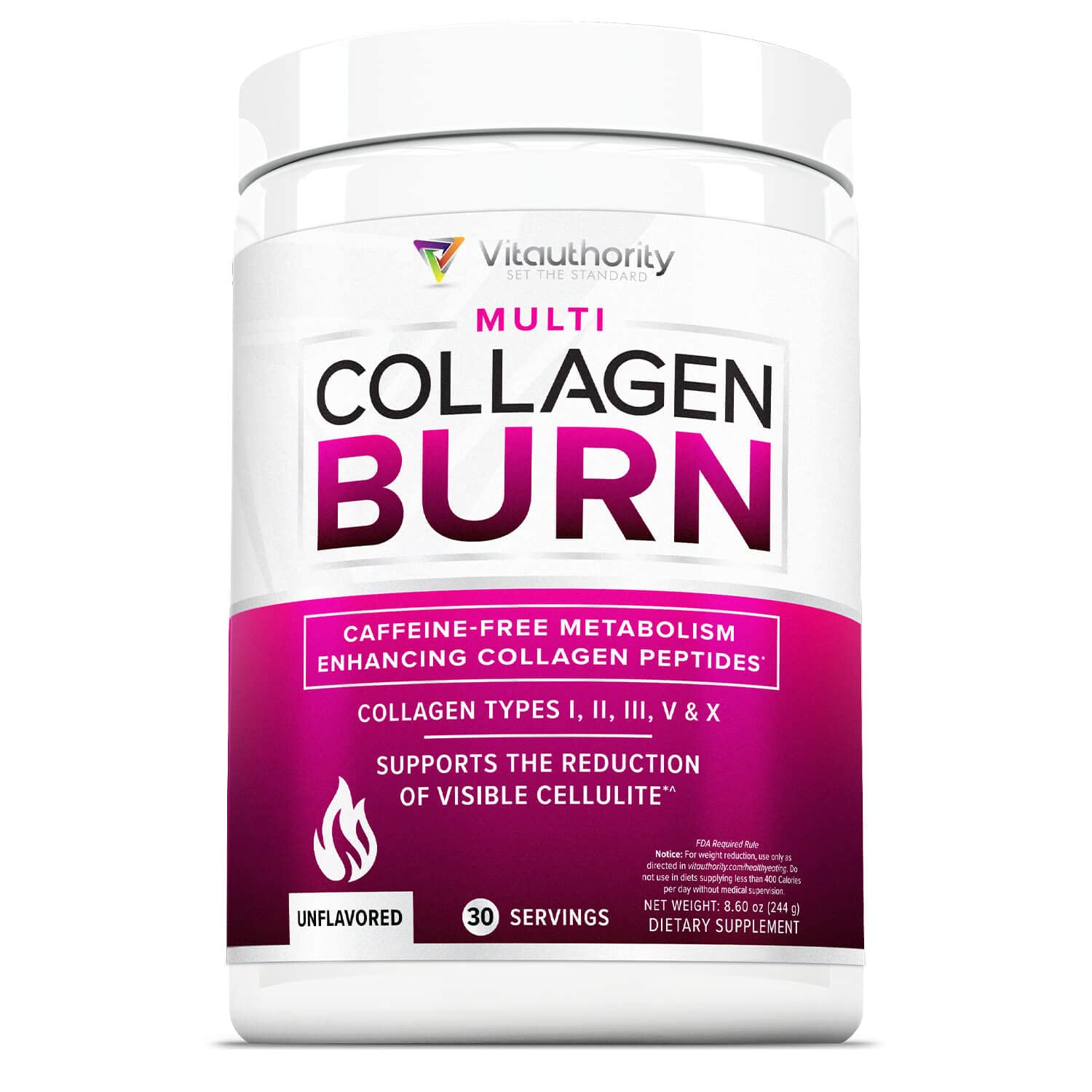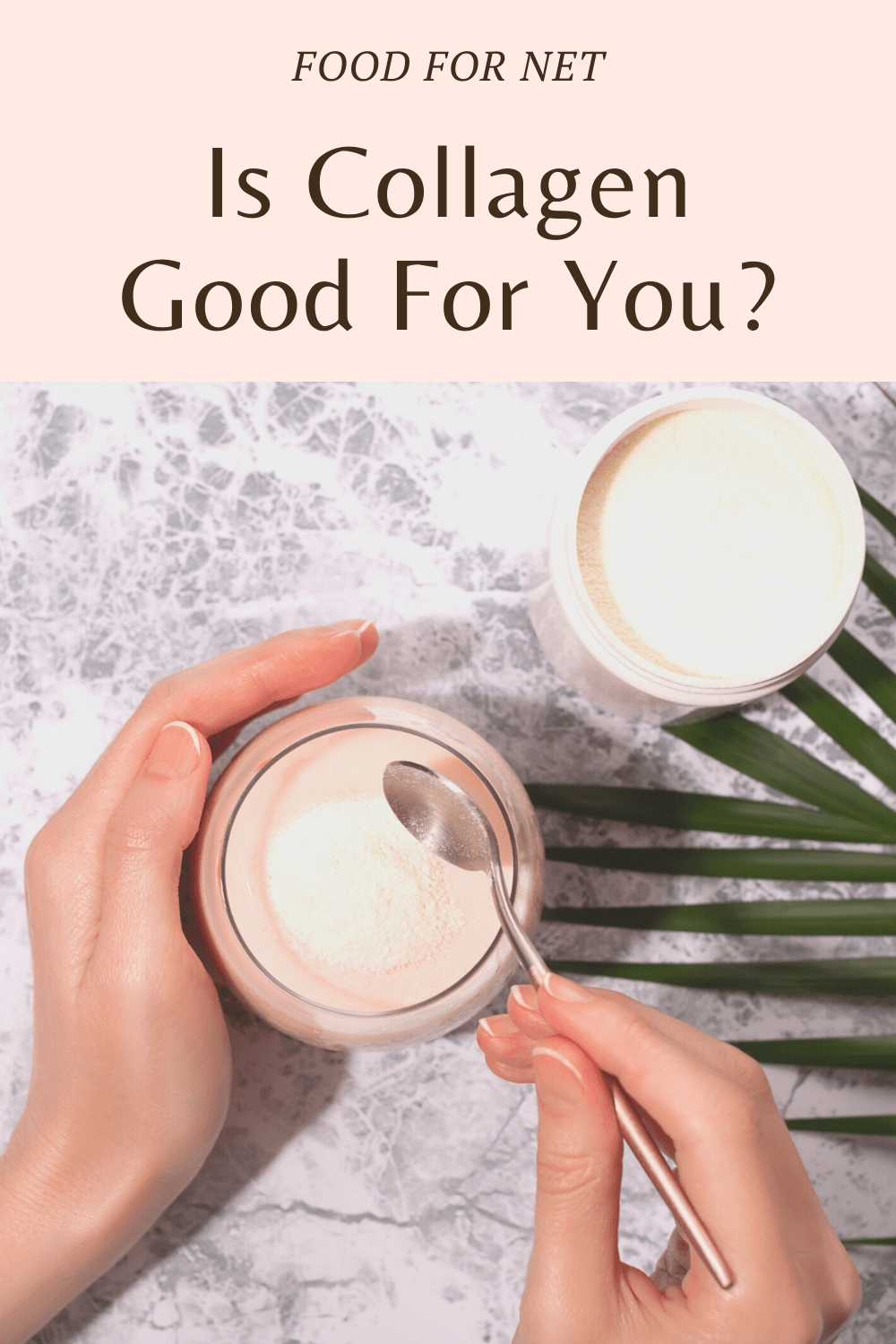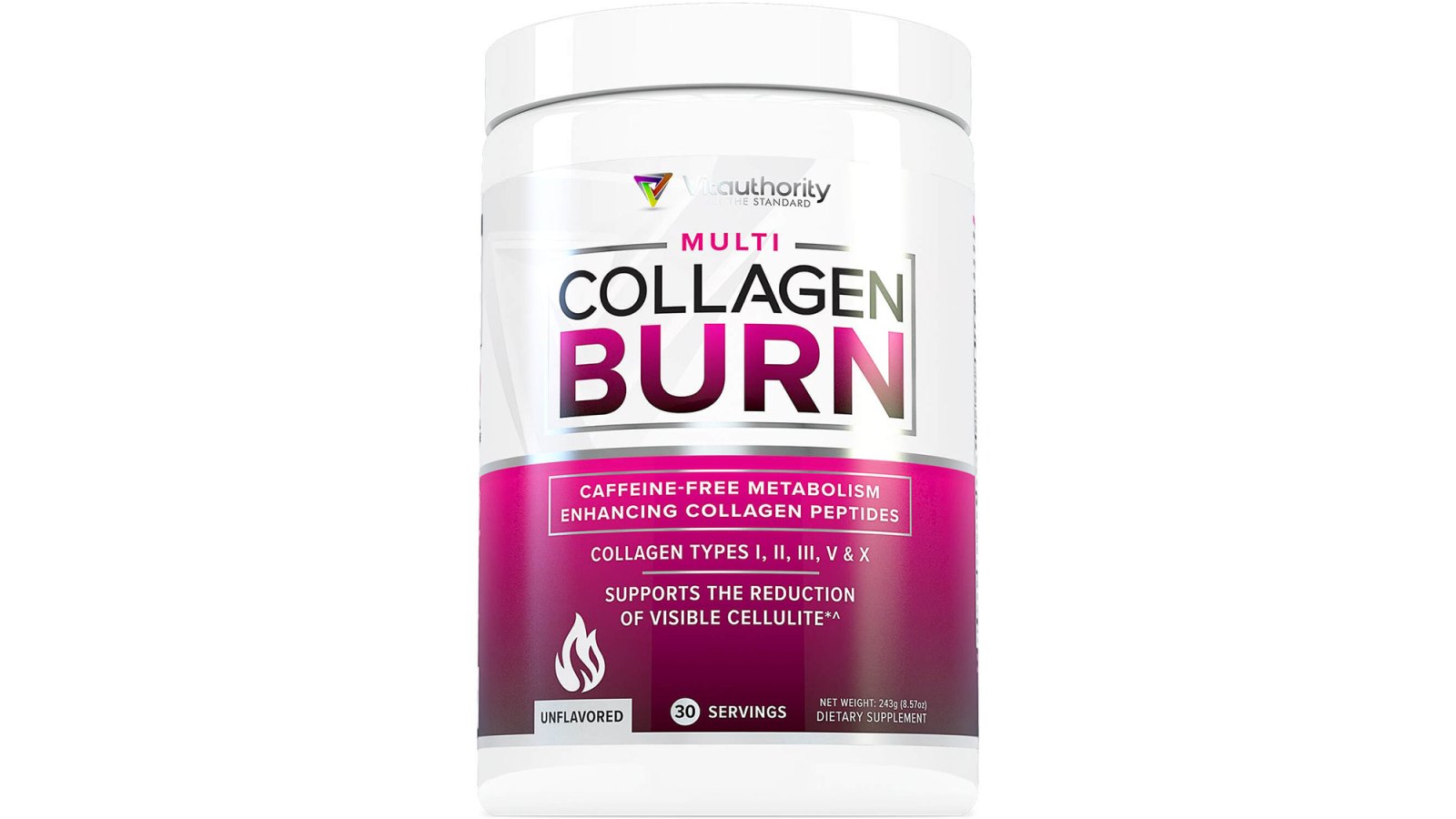Is Collagen Burn Good For You

The aroma of cinnamon and vanilla swirls in the air, mingling with the comforting warmth emanating from a steaming mug. It's a chilly morning, and in your hands, a golden elixir promises not just warmth, but a boost – a blend of collagen and supporting ingredients, touted as a delicious and effective way to enhance your well-being. But as you savor that first sip, a question lingers: is this trendy "collagen burn" truly good for you?
At its core, the appeal of collagen burn lies in its promise of a multi-faceted approach to wellness, blending the benefits of collagen – a protein vital for skin elasticity, joint health, and more – with ingredients aimed at supporting metabolism and energy levels. But separating the hype from the reality requires a closer look at the science, the ingredients, and how it fits into a holistic approach to health.
The Collagen Conundrum
Collagen, the most abundant protein in our bodies, acts as the scaffolding that holds us together. It’s a key component of skin, bones, tendons, ligaments, and even blood vessels. As we age, our natural collagen production declines, leading to wrinkles, joint pain, and other age-related issues.
This decline has fueled the popularity of collagen supplements, promising to replenish what time takes away. Supplements typically come in powder, capsule, or liquid form, derived from sources like bovine, porcine, or marine animals.
Bioavailability and Hydrolyzed Collagen
The effectiveness of collagen supplements hinges on bioavailability - the extent to which the body can absorb and utilize the ingested collagen. Standard collagen molecules are too large to be readily absorbed. Therefore, many supplements contain hydrolyzed collagen, also known as collagen peptides.
Hydrolyzed collagen is broken down into smaller chains of amino acids, making it easier for the body to absorb and distribute. Studies suggest that hydrolyzed collagen can indeed increase collagen levels in the blood and potentially benefit skin health, joint pain, and bone density.
However, it's important to note that research is ongoing, and the results aren't universally conclusive. The quality of the supplement and individual variations in metabolism also play significant roles in how effective it will be.
Decoding the "Burn" Component
What sets a "collagen burn" apart from a regular collagen supplement is the addition of ingredients aimed at boosting metabolism and promoting energy expenditure. These often include compounds like caffeine, green tea extract, capsaicin (from chili peppers), and other herbal extracts.
The Role of Thermogenics
Many of these ingredients are classified as thermogenics – substances that increase heat production in the body, thereby potentially boosting metabolism and fat burning. Caffeine, for instance, is a well-known stimulant that can increase energy expenditure and improve focus.
Green tea extract, particularly its epigallocatechin gallate (EGCG) component, has also been shown to have thermogenic effects. Capsaicin, the active compound in chili peppers, can increase metabolism and suppress appetite, although its effects are often modest.
However, the effectiveness of these thermogenic ingredients varies widely depending on dosage, individual sensitivity, and overall lifestyle factors. Moreover, they come with potential side effects.
Potential Drawbacks and Considerations
While the idea of a convenient and tasty way to boost collagen and metabolism is appealing, it's crucial to be aware of the potential drawbacks. The stimulant ingredients in collagen burn products can cause side effects such as anxiety, insomnia, increased heart rate, and digestive upset, especially in individuals sensitive to caffeine or other stimulants.
Furthermore, the long-term effects of consistently using thermogenic supplements are not fully understood. Over-reliance on these products may also lead to a dependency on stimulants and a disruption of natural metabolic processes. It is necessary to consult with a healthcare professional before using these products, especially if you have any underlying health conditions or are taking medications.
Beyond the Hype: A Holistic Approach
Instead of viewing collagen burn as a magic bullet, it's more beneficial to consider it as a potential complement to a healthy lifestyle. A balanced diet rich in protein, fruits, and vegetables provides the building blocks for collagen production and overall well-being.
Regular exercise, including both cardiovascular and strength training, helps maintain a healthy metabolism and supports joint health. Adequate sleep and stress management are also crucial for optimal collagen production and overall health.
Collagen supplements, including collagen burn products, may offer some additional benefits, but they should not replace the foundation of a healthy lifestyle. Consider them as just one piece of the puzzle.
Making an Informed Decision
Before trying a collagen burn product, carefully evaluate the ingredients and their potential effects on your body. Look for products that have been third-party tested for purity and potency. Check for certifications from organizations like NSF International or USP.
Pay attention to the dosage of each ingredient and start with a lower dose to assess your tolerance. Monitor your body's response and discontinue use if you experience any adverse effects. Consultation with a qualified healthcare professional or registered dietitian is always advisable.
Ultimately, the decision of whether or not to incorporate collagen burn into your routine is a personal one. Weigh the potential benefits against the potential risks, and make an informed choice based on your individual needs and health goals.
A Final Sip of Perspective
As you finish your mug of collagen burn, remember that there are no shortcuts to optimal health. A sustainable and holistic approach that incorporates a balanced diet, regular exercise, adequate sleep, and stress management is the most effective way to nourish your body from the inside out.
Collagen burn might offer a convenient boost, but it's essential to approach it with realistic expectations and a healthy dose of skepticism. Listen to your body, prioritize your well-being, and choose the path that best supports your long-term health goals. The key is not just to chase the burn, but to cultivate a sustainable flame of vitality that radiates from within.
